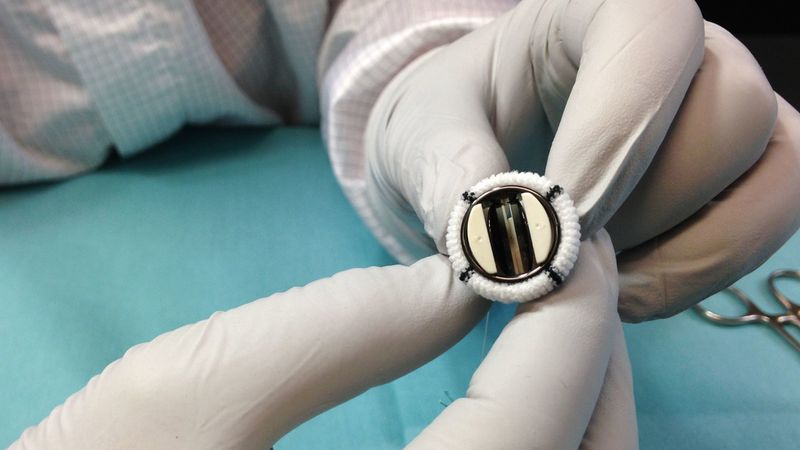
Overview
Technology, especially when it comes to medical devices, is consistently advancing. As a result, it can be challenging to stay on top of the new procedures, devices, and advancements. If you have ever wanted to learn more about mechanical heart valves, the current and projected growth within this market, and how long they last, look no further.
Mechanical heart valves replicate the function of the naturally occurring valves within the human heart. These valves outlast the patient they are inserted into with some stress-tested to last several hundred years. Installation of mechanical heart valves typically requires only one surgery and is usually given to younger candidates as they are highly durable due to their high-pressure gradient. Mechanical valves are either made from pyrolytic carbon or pyrolytic coated titanium with some parts made of Teflon, polyester, or polyethylene terephthalate.
Are Mechanical Heart Valves Experiencing Growth?
In the United States, the mechanical heart valve market is segmented into ones with conduit and ones without conduit. General market trends predict that a slow decline is occurring over the forecast period. Unfortunately, the decline is due to the increased use of tissue valves and transcatheter aortic valve replacement devices within the industry. Alongside this, implications surrounding blood-clot issues are present. Therefore, patients who undergo this procedure must remain on anti-coagulants for the remainder of their lives. Despite these implications, the high durability of the mechanical heart valves and the advances in biocompatible polymers are promising. Research shows the potential for biocompatible polymers to prevent the immune cascade leading to clot formation. These new advancements will improve patient outcomes and help slow the projected market decline.
Who’s The Top Competitor? Abbott vs. Cryolife
Abbott and Cryolife are the two leading competitors within the market. Both Abbott and Cryolife gained their competitive advantage in the market through their acquisitions of companies. In 2017, Abbott acquired St. Jude Medical. At the time, St. Jude Medical controlled a large share but focused on other valve types. Similarly, Cryolife acquired On-X Life Technologies in 2016. This acquisition allowed Cryolife to obtain the products previously owned by On-X Life Technologies. Currently, Abbott’s product portfolio consists of their Masters HP™, which received approval in 2018, and Regent™ mechanical heart valves. On the other hand, Cryolife offers its Conform-X™, Anatomic™, and Standard™ mechanical heart valves. In terms of shares, Abbott does have slightly more shares than Cryolife and because of this Abbott is deemed as the leading competitor with Cryolife coming in second.
Conclusion
Mechanical heart valves are prosthetic devices used to replicate the internal valves of the human heart. These heart valves can outlast the patient they are inserted into and can last several hundred years. Advancing technologies are being developed and currently working to slow the overall decline and increase patients’ overall outcomes. Two major companies, Abbott and Cryolife, compete for share and are pushing the boundaries on their newest devices. Both of them obtained their prominent position through acquisitions of companies. In terms of the future, if advancements occur, this market may achieve a positive trajectory. iData Research’s MedSuite on Cardiac Surgery and Heart Valve Devices provided the research necessary to curate this post.
Want More Insights?
Receive a free synopsis of the U.S. Cardiac Surgery and Heart Valve Market Report